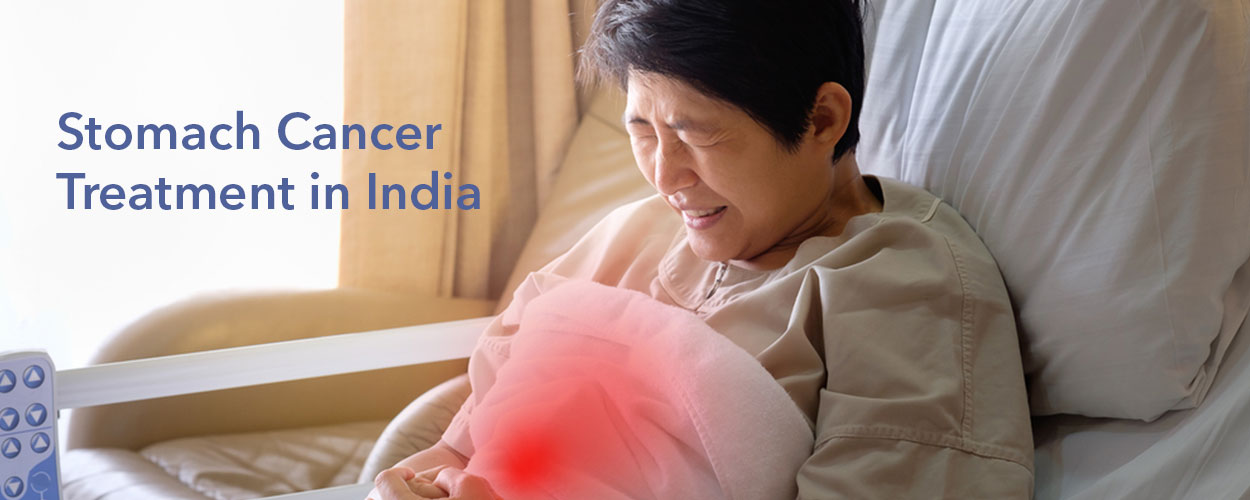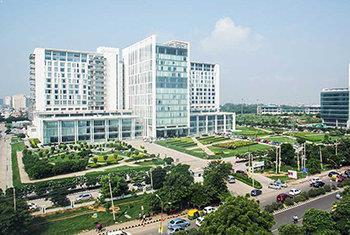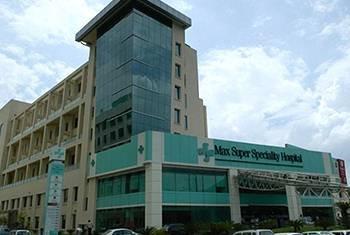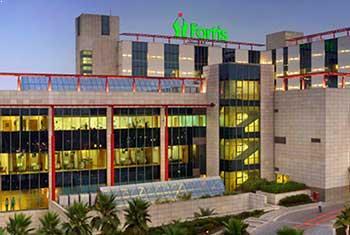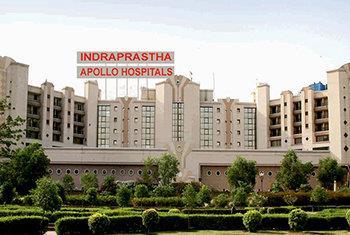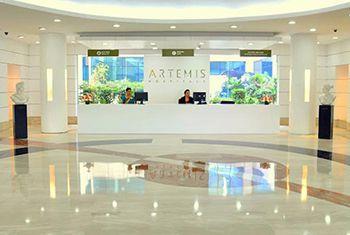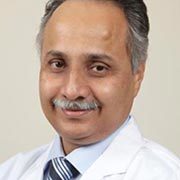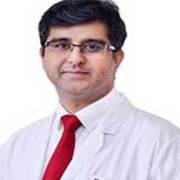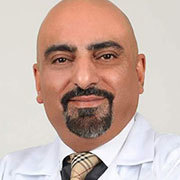Stomach Cancer Treatment in India
Stomach cancer treatment in India is availed through a network of public and private hospitals. These hospitals are equipped with modern technology and a team of highly experienced oncologists (radiation, medical and surgical) and nursing staff.
These hospitals make correct stomach cancer diagnoses and perform cancer staging with the help of the most advanced technology in the form of PET Scan, Cyberknife, BrainSuite and Gamma Knife.
This article talks everything about Stomach Cancer Treatment In India, Stomach Cancer Hospitals In India & what is the Stomach Cancer Costs In India? It covers other popular destinations as well.
Moreover, a majority of drugs and consumables required for stomach cancer treatment are manufactured and produced in India itself. Because of this reason, the cost of stomach cancer treatment in India is low as compared to other countries that import such drugs and consumables. Stomach cancer treatment in India involves one or a combination of the following options:
This is a type of systemic therapy that makes use of a certain class of drugs to kill cancer cells. The drug is injected into the bloodstream of the patient. Thus, cancer cells located in multiple places are killed off by the drug as the blood reaches the site.
Because of the ability of the drug-containing blood to reach all parts of the body, this type of treatment is preferred for advanced stage stomach cancer, in which the cancerous cells have spread to other organs and tissues as well.
Radiation therapy
This is a form of localized therapy is conducted when the cancer is restricted to just one location. It makes use of high-dose radiation beam to kill off cancer cells localized at just one location. Radiation therapy may be conducted in combination with surgery or chemotherapy.
Lymph node removal
The lymph nodes are removed from the body of the patient in case they are also affected by cancer cells.
Subtotal gastrectomy
It is a type of localized surgery in which only the part of the stomach affected by cancer is removed.
Total gastrectomy
It is a type of localized surgery in which the whole stomach and a part of the healthy tissue are removed. Because the stomach is removed, the esophagus is directly connected to the small intestine at the end of the surgery to allow for the passage of food directly into the intestine.
Following the surgery, a feeding tube may be inserted to assist with normal eating habits and to maintain proper nutrition levels. The stomach heals and the person recovers in the meantime. The time it takes to recover from the surgery differs from patient to patient.
While some are able to recover quickly, others take the time to recover. Some patients may feel pain, weakness, diarrhea, or constipation after the surgery. All options for pain management and control of side effects associated with stomach cancer treatment must be discussed with doctors beforehand.
There are certain side effects associated with radiation therapy and chemotherapy as well. For example, higher doses of radiation may cause nausea, diarrhea, changes in the skin in the form of redness and dryness and pain in the stomach, abdomen or intestine.
Similarly, chemotherapy may make the patient prone to infections, bruising and bleeding because of compromised immunity. In addition, it may cause hair loss due to damage to the hair roots. Changes in the lining of the digestive tract may also result in diarrhea, nausea and vomiting.
